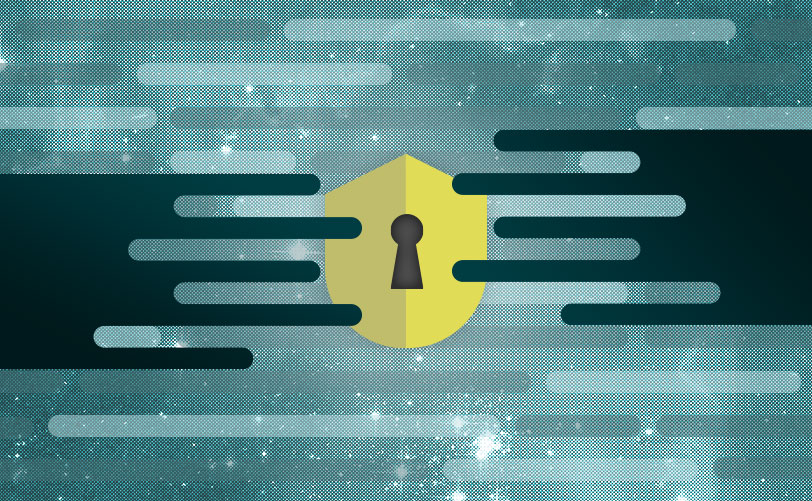
Q&A with Ben Beeson

When it comes to the payment system in the U.S. at the moment, it’s hugely vulnerable. Apple Pay is clearly going to make it harder for hackers to get hold of someone’s payment data, but I would not go on record as saying it’s impossible. There are always vulnerabilities. It’s a case of finding out where they are.
In Europe and the U.K., we’ve had chip-and-pin technology for 10 years or even longer in some countries. That has clearly had an impact in trying to mitigate this risk. Chip-and-pin is being rolled out now gradually in the U.S., and there are alternative solutions also being rolled out.
A number of other solutions are emerging, whether that be Wal-Mart and others trying to create their own system, whether that be end-to-end encryption or tokenization. None of those will be silver bullets, but all will make it harder for bad actors to take advantage in the way they’re doing now.




